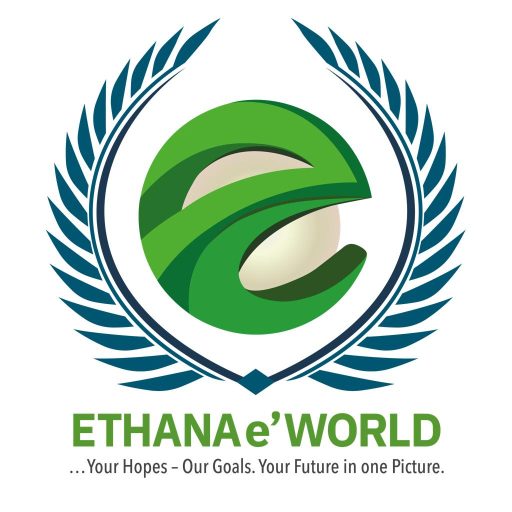History
When people are murdered because of their identity, the perpetrators are not only killing the individuals involved. Their actions send a message that the lives of their victims had no value and should be forgotten. Remembering is therefore important not only to learn from what happened, but also to honour the humanity of the victims and to acknowledge that their loss is a tragedy for us all.
Over 250 million people – men, women and children – have died through state-sponsored mass murder since 1900. This page introduces just some of those instances. Aegis exists because it doesn’t have to be this way. Genocide IS preventable – and you can help us to make it so
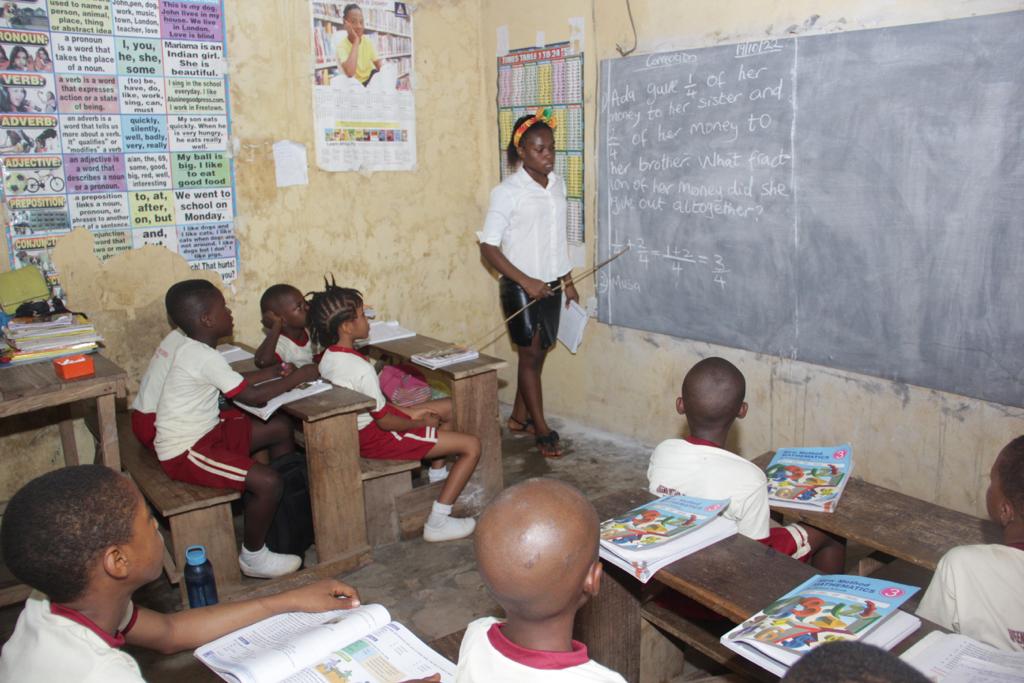
Early 1900s. Under General Lothar Von Trotha, German troops wipe out 80% of the Herero and 50% of the Namaqua population of German Southwest Africa (modern-day Namibia).

1914-23. 1.5 million Armenians are systematically exterminated by Turkish forces, many being driven into the Syrian desert. Others are hung, burned, butchered or drowned.

1937-45. Characterised by sexual violence and exceptional brutality, the ‘Rape of Nanking’ was followed by the slaughter of at least 12.5 million Chinese civilians by Japanese forces.
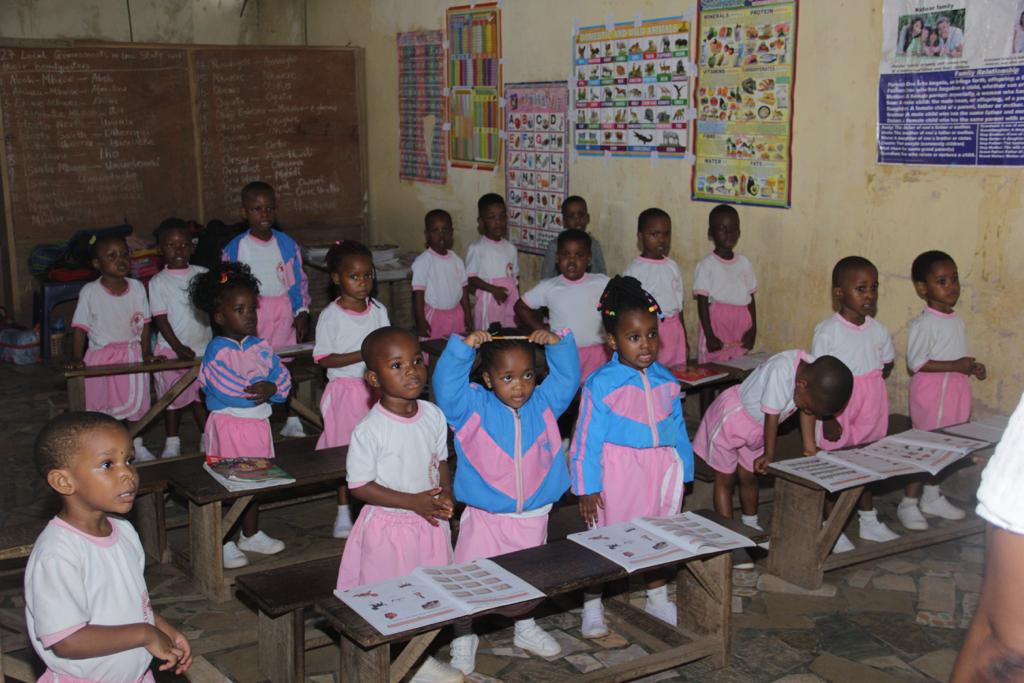
1933-45. The Nazis subjected Europe’s Jews and gypsies to a campaign of total extermination. Other targets included disabled people, Slavs, Communists and homosexuals.

1975-79. The Khmer Rouge wipes out an estimated two million Cambodians, with a particular focus on intellectuals, Buddhist monks, Vietnamese and other ethnic minorities.

The break-up of Yugoslavia in 1991 was followed by war and ethnic violence, most notably in Bosnia. The 1995 Srebrenica Massacre was the largest in Europe since the Holocaust.

1975-79. The Khmer Rouge wipes out an estimated two million Cambodians, with a particular focus on intellectuals, Buddhist monks, Vietnamese and other ethnic minorities.
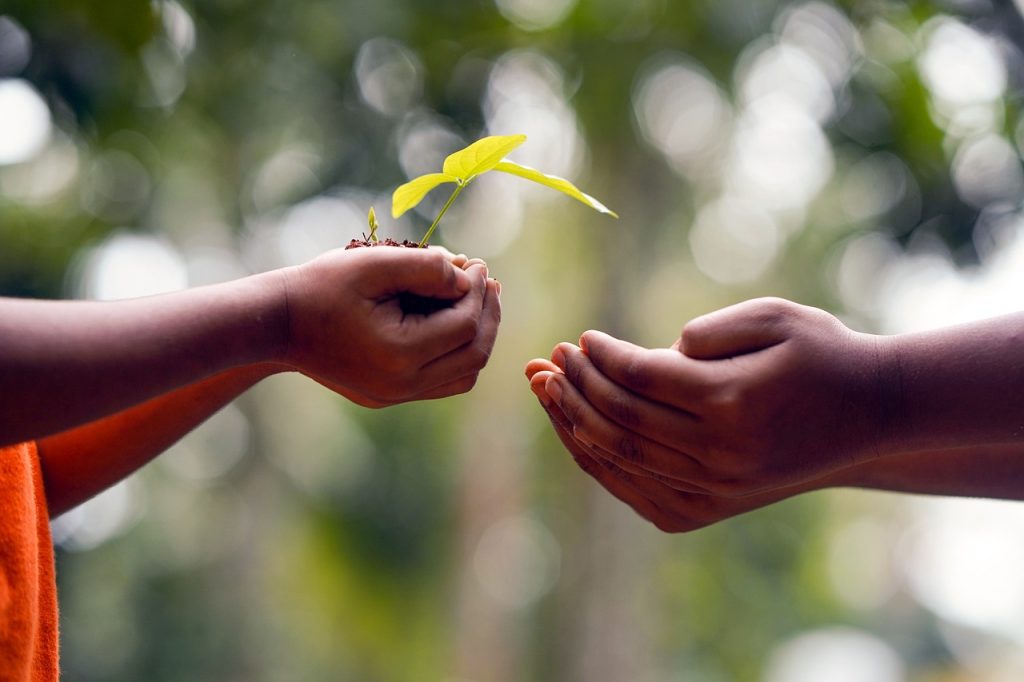
2003 onwards. The Sudanese Government kills upwards of 300,000 non-Arab Darfuris, driving millions into exile or camps for displaced people. Killing and displacement continues.
Current crises

Sadly, mass atrocities aren’t consigned to history yet. Find out about some of the countries in crisis where Aegis is working to facilitate change and build peace.
The Eewho Challenge
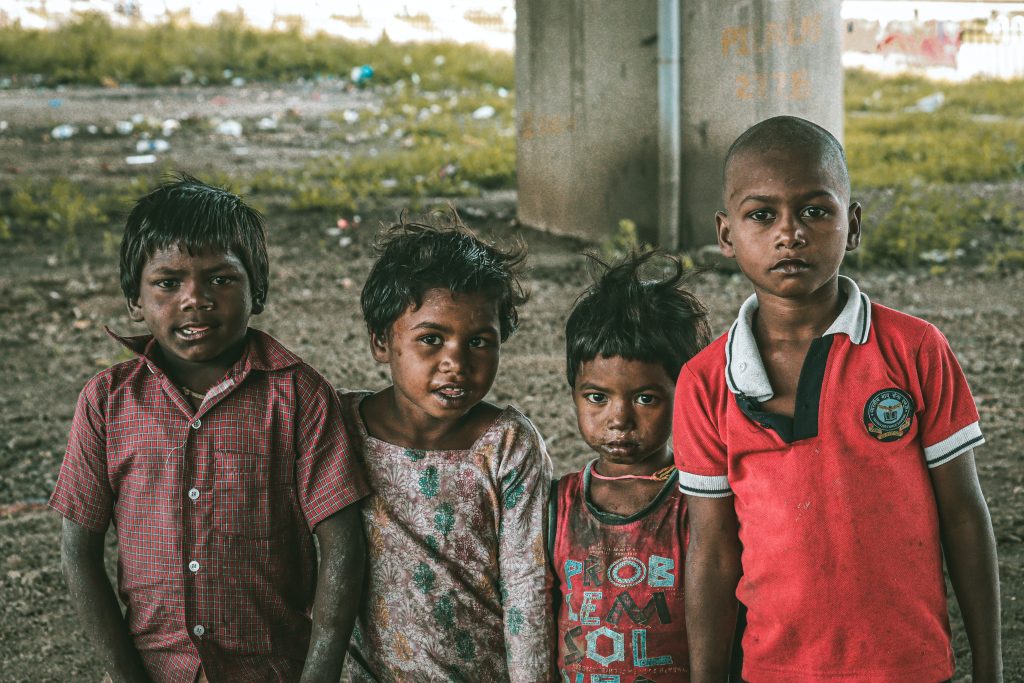
The peacebuilding model we have developed in Rwanda is ready for application elsewhere. Help us roll it out in Kenya, South Sudan and the Central African Republic.
Donate
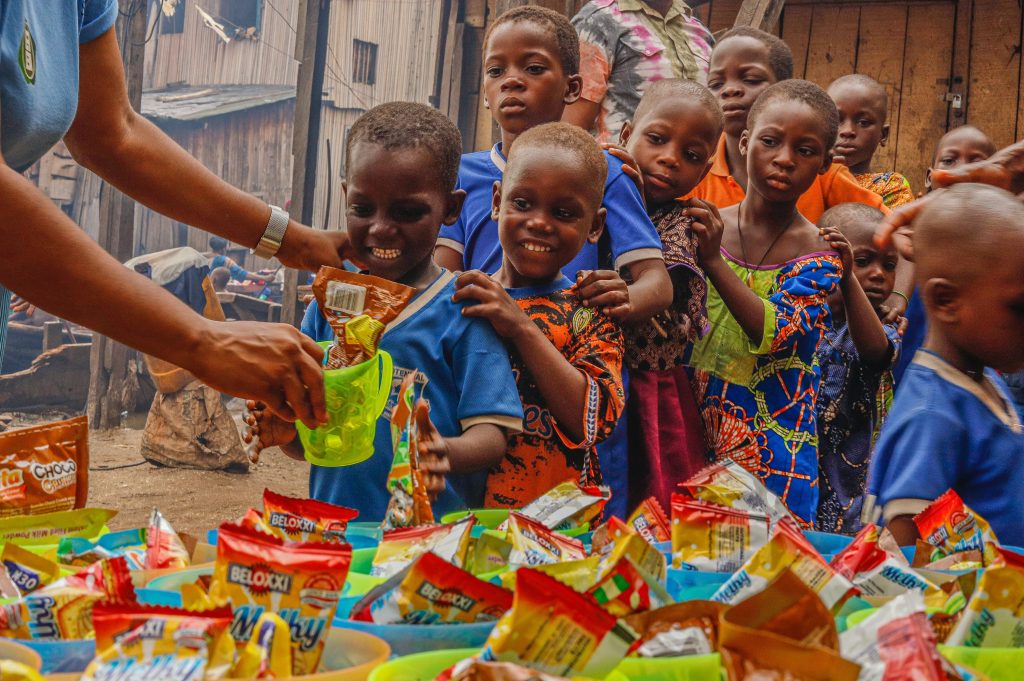
Without the generosity of people like you, our work would not be possible – and with more resources, there is so much more we can do. Help by contributing today.
